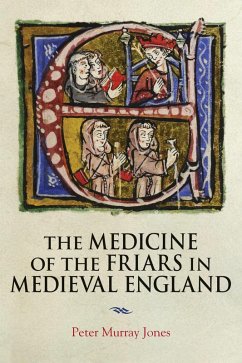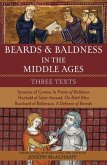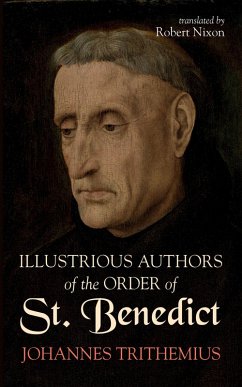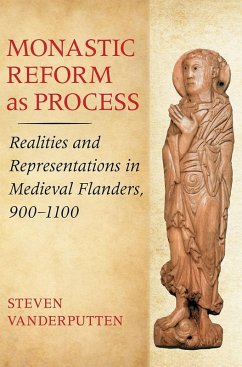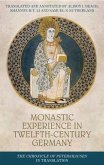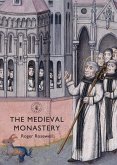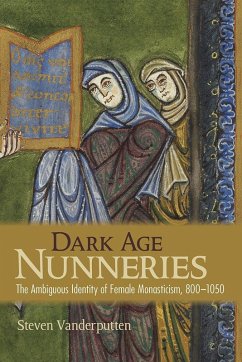Drawing upon a surprising wealth of evidence found in surviving manuscripts, this book restores friars to their rightful place in the history of English health care.
Friars are often overlooked in the picture of health care in late medieval England. Physicians, surgeons, apothecaries, barbers, midwives - these are the people we think of immediately as agents of healing; whilst we identify university teachers as authorities on medical writings. Yet from their first appearance in England in the 1220s to the dispersal of the friaries in the 1530s, four orders of friars were active as healers of every type. Their care extended beyond the circle of their own brethren: patients included royalty, nobles and bishops, and they also provided charitable aid and relief to the poor. They wrote about medicine too. Bartholomew the Englishman and Roger Bacon were arguably the most influential authors, alongside the Dominican Henry Daniel. Nor should we forget the anonymous Franciscan compilers of the Tabula medicine, a handbook of cures, which, amongst other items, contains case histories of friars practising medicine. Even after the Reformation, these texts continued to circulate and find new readers amongst practitioners and householders.
This book restores friars to their rightful place in the history of English health care, exploring the complex, productive entanglement between care of the soul and healing of the body, in both theoretical and practical terms. Drawing upon the surprising wealth of evidence found in the surviving manuscripts, it brings to light individuals such as William Holme (c. 1400), and his patient the duke of York (d. 1402), who suffered from swollen legs. Holme also wrote about medicinal simples and gave instructions for dealing with eye and voice problems experienced by his brother Franciscans. Friars from the thirteenth century onwards wrote their medicine differently, reflecting their religious vocation as preachers and confessors.
Friars are often overlooked in the picture of health care in late medieval England. Physicians, surgeons, apothecaries, barbers, midwives - these are the people we think of immediately as agents of healing; whilst we identify university teachers as authorities on medical writings. Yet from their first appearance in England in the 1220s to the dispersal of the friaries in the 1530s, four orders of friars were active as healers of every type. Their care extended beyond the circle of their own brethren: patients included royalty, nobles and bishops, and they also provided charitable aid and relief to the poor. They wrote about medicine too. Bartholomew the Englishman and Roger Bacon were arguably the most influential authors, alongside the Dominican Henry Daniel. Nor should we forget the anonymous Franciscan compilers of the Tabula medicine, a handbook of cures, which, amongst other items, contains case histories of friars practising medicine. Even after the Reformation, these texts continued to circulate and find new readers amongst practitioners and householders.
This book restores friars to their rightful place in the history of English health care, exploring the complex, productive entanglement between care of the soul and healing of the body, in both theoretical and practical terms. Drawing upon the surprising wealth of evidence found in the surviving manuscripts, it brings to light individuals such as William Holme (c. 1400), and his patient the duke of York (d. 1402), who suffered from swollen legs. Holme also wrote about medicinal simples and gave instructions for dealing with eye and voice problems experienced by his brother Franciscans. Friars from the thirteenth century onwards wrote their medicine differently, reflecting their religious vocation as preachers and confessors.
Dieser Download kann aus rechtlichen Gründen nur mit Rechnungsadresse in A, D ausgeliefert werden.

